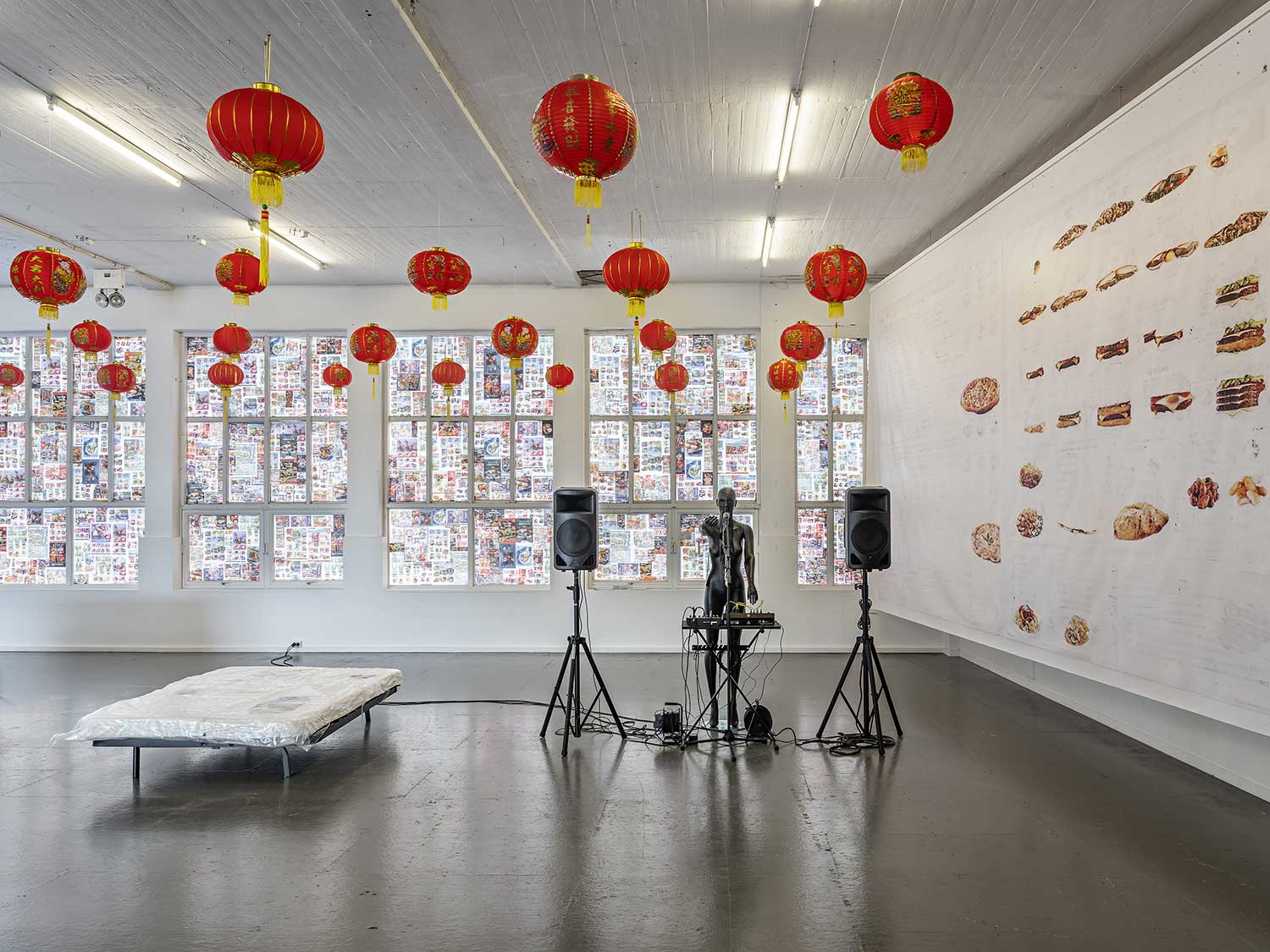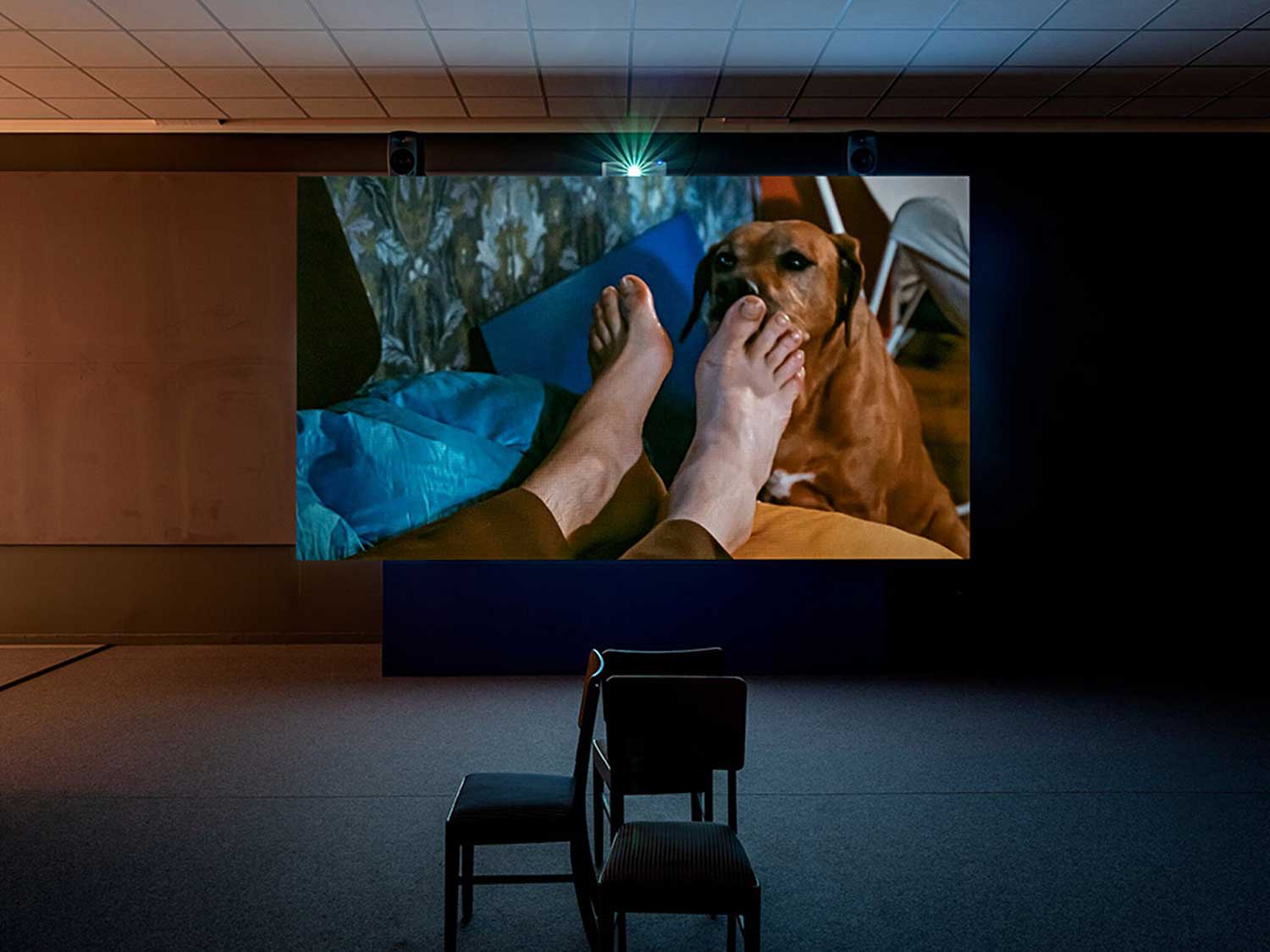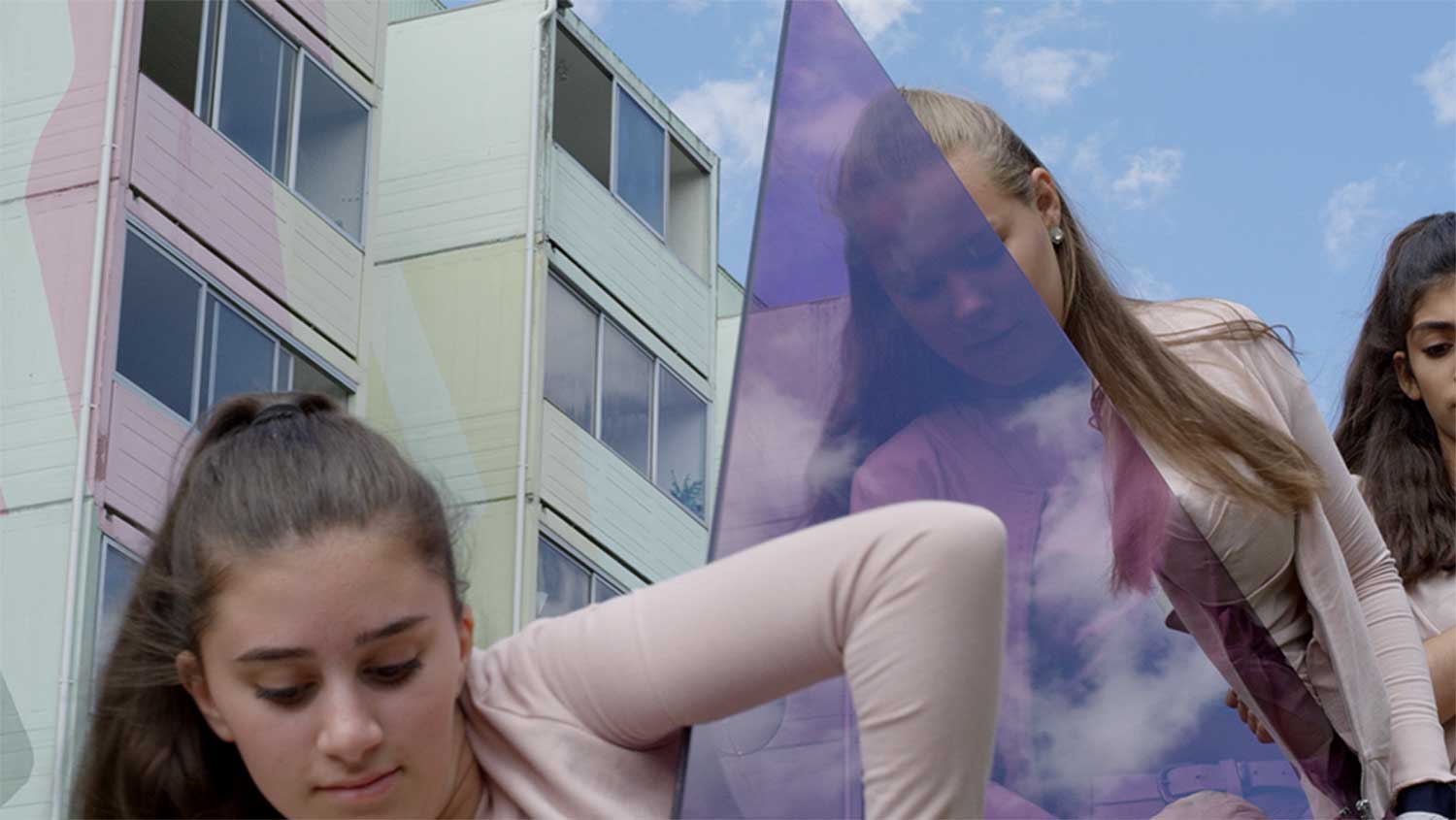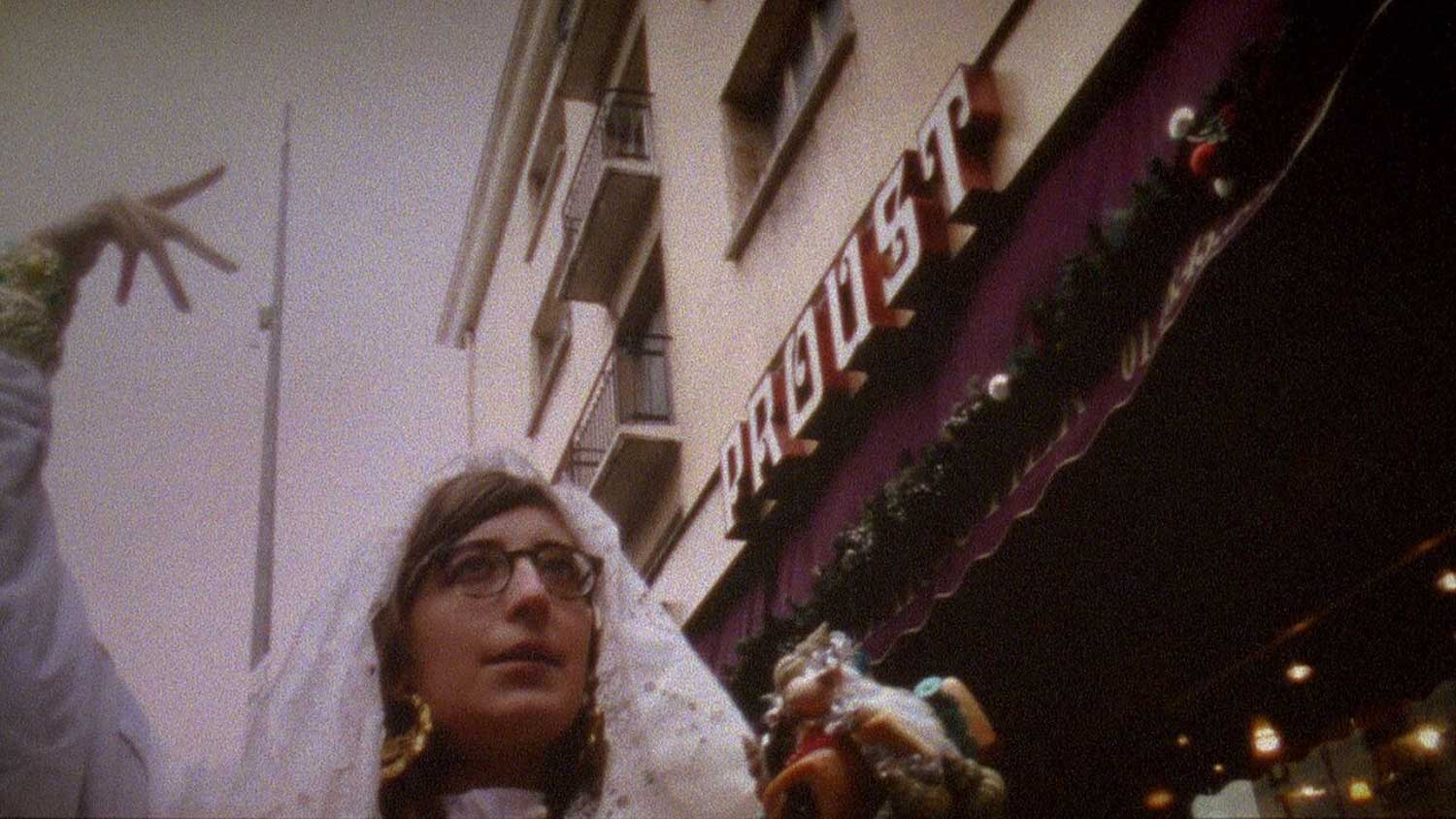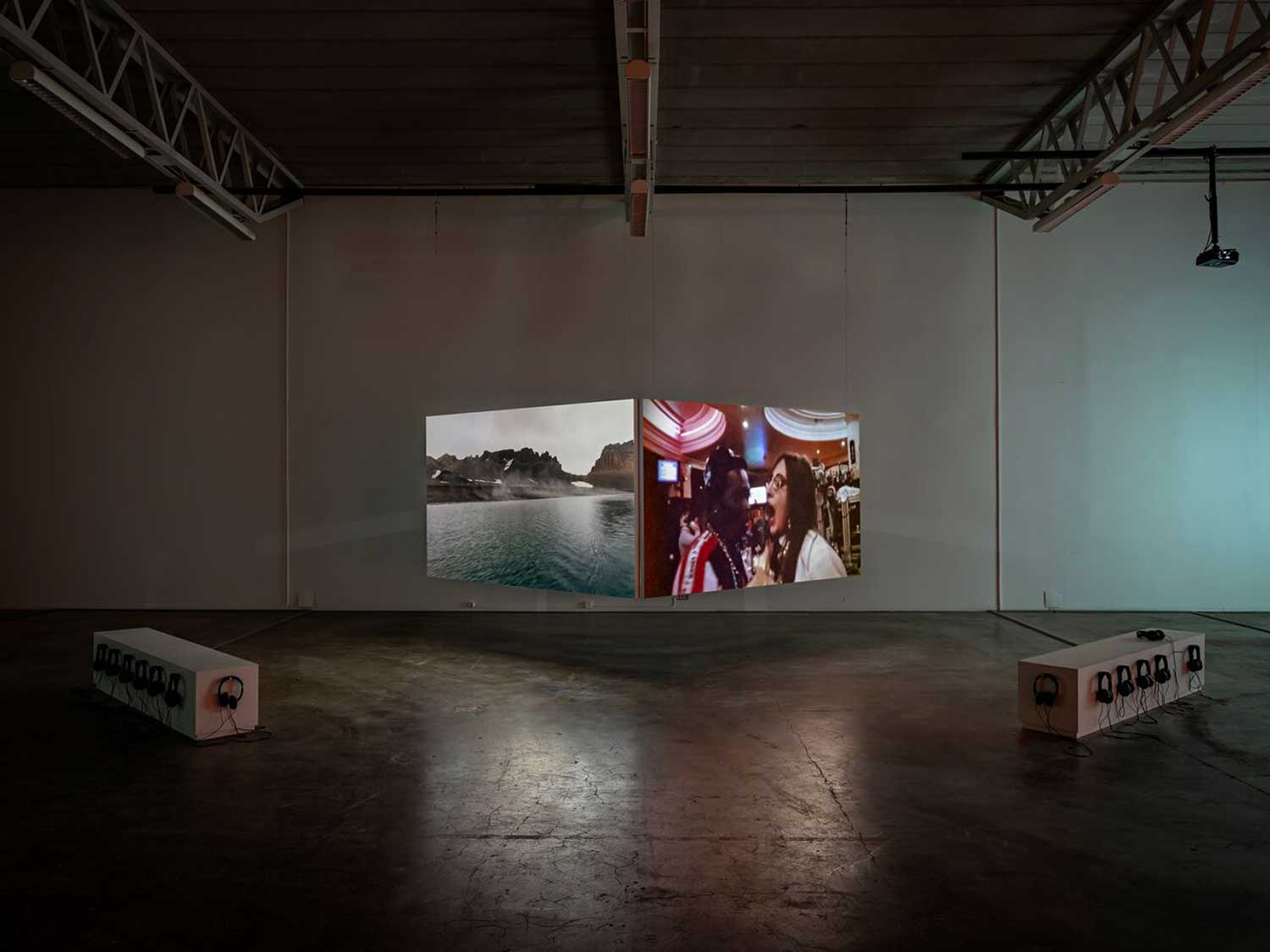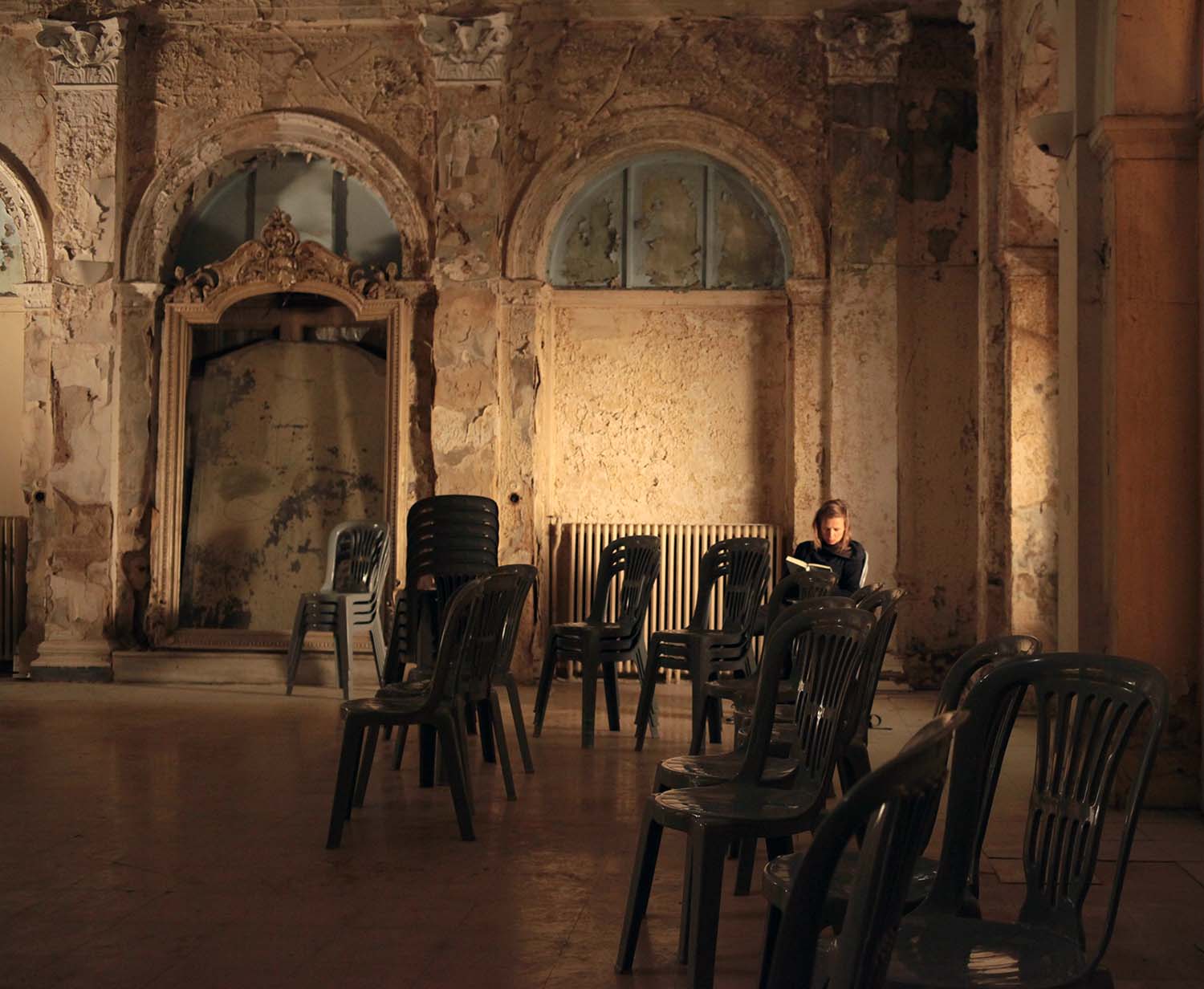The tenth installment of this Scandinavian biennial, held in the small paper-milling town of Moss, Norway, can certainly be seen as something of an antidote to the bloated biennials of recent times. Momentum 10 appears sober, focused, and clear. Perhaps to its disadvantage, it can also be regarded as less speculative than previous editions — less reflective of a current, decidedly Scandinavian perspective. Rather, curator Marti Manen, director of Index in Stockholm, and his co-curator, Anne Klontz, have selected twenty-nine artists who present not only new work but also a selection of works that have been shown in previous editions. These include Eija-Liisa Ahtila’s monumental three-screen video installation Today (1998), which delves into the abyss of a family history across three generations. This introspective work has aged remarkably well; it still delivers a punch to the gut, as when the mother prepares a drink in the kitchen and states that there are only two forms of entertainment today: petit bourgeois or pornographic.
If we regard biennials as an extension of the entertainment business — as Daniel Birnbaum, director of Acute Art, London, and one of the curators of the first Momentum Biennial, has suggested — then this exhibition largely steers clear of this dichotomy.
Or does it? Above the House of Foundation, a bookshop in the city center, Spanish artist Francesc Ruiz has located a second bookshop, the House of Fun (2019). It is filled entirely with what look like thousands of slim volumes of pornographic comic books, apparently by hundreds of different authors, covering every conceivable erotic interest. On closer inspection, each book contains the same story with a different cover, as if to say that the true house of fun resides in the largest sexual organ, your brain — seat of the mind and the imagination.
That Scandinavia’s first biennial of contemporary art is still running is no small feat, and is largely due to the activities of Dag Aak Sveinar, director of Moss’s own public gallery, Punkt Ø. Its two venues — the large Momentum Kunsthall, a converted brewery in the center of town, and the beautiful Galleri F 15, an idyllic nineteenth-century villa in a green landscape overlooking the sea — have formed the center of the Biennial for years. The settings effectively contrast an industrial history with idyllic natural surroundings — or post-industrial pragmatism with Scandinavian romanticism. This appears to describe a Norwegian way of being, perhaps even more so because of the fact that in two years the Momentum Biennial (and Punkt Ø) will have to find new venues, as its Kunsthall will have been torn down, making way for new developments.
At Galleri F-15, young Norwegian painter Eirik Senje captures this sense of uprootedness in a series of pastels titled “Generative Exception.” They show amorphous brownish-red figures with skull masks engaging in ritualistic cavorting in foreboding landscapes, fever-dreaming new mythologies via a brooding, post-Edvard Munch symbolism and soft painterly touch. Upstairs, Keren Cytter’s video series “Vengeance,” a tour de force of its own, presents a similar group activity but using formats and obsessions from contemporary TV as a starting point.
But it is the large video installation Mama-Dada-Gaga (2018) by Swedish artist Åsa Cederqvist that most preoccupies me in this show. The artist, her mother, and her daughter perform each other, constantly switching their roles, in both realist and fantastical settings and with props that include a soft version of Munch’s famous scream. Hilarity ensues, yet her reflections on notions of performance, expectation, vulnerability, and becoming are not only sincere but moving. It comes across as a touching response to Ahtila’s dysfunctional family story, the self-centered characters in Cytter’s video series, and the mystical beings in Senje’s paintings.
This edition of the Momentum Biennial confirms its own history and continuing importance — both a necessary achievement and an emotional moment, no doubt. It would be fantastic if future editions could find their way back to redefining the present moment from a uniquely northern perspective. It is much needed.


